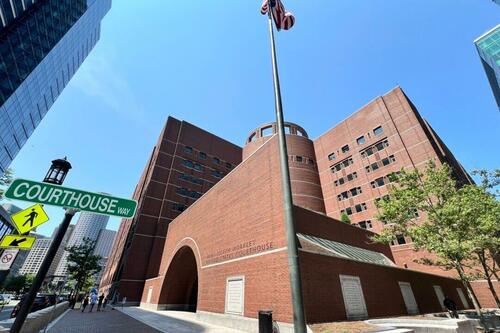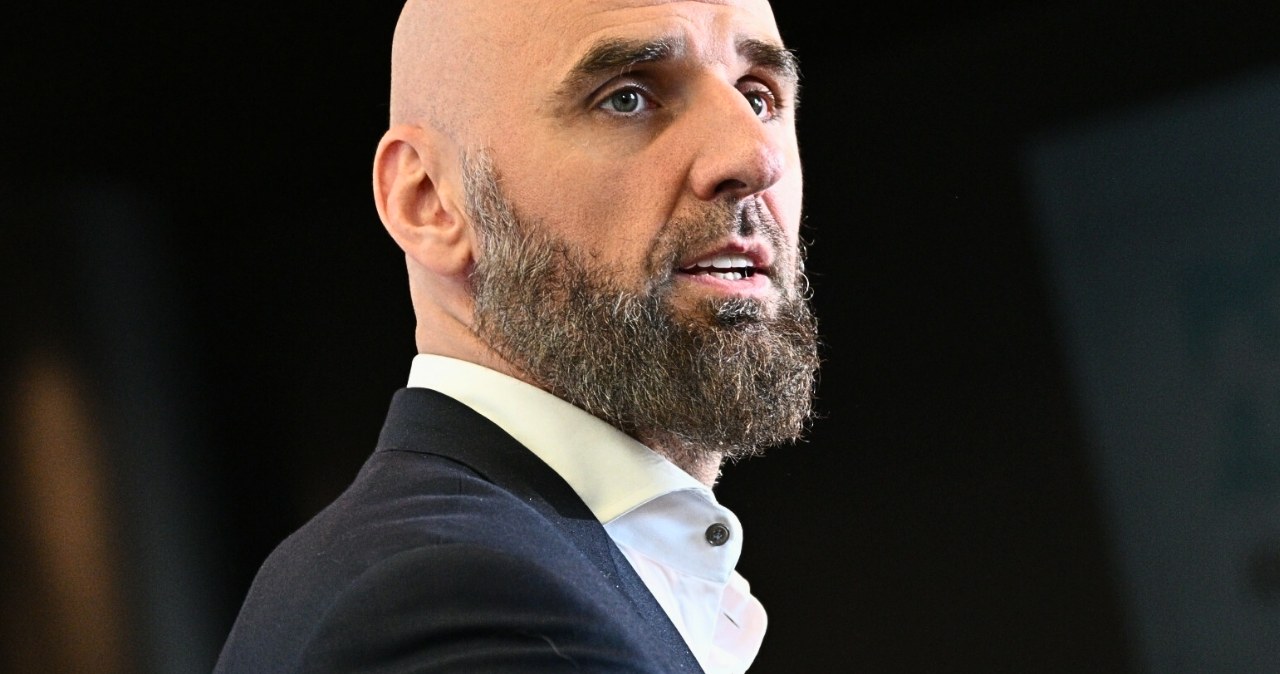
Judge Maintains Nationwide Block On Trump’s Birthright Citizenship Order
Authored by Sam Dorman via The Epoch Times,
A federal judge in Massachusetts has maintained his nationwide block on President Donald Trump’s policy restricting birthright citizenship, saying that a narrower injunction would be impractical and create too many problems for states that sued the administration.
“The record does not support a finding that any narrower option would feasibly and adequately protect the plaintiffs from the injuries they have shown they are likely to suffer if the unlawful policy announced in [Trump’s] Executive Order takes effect during the pendency of this lawsuit,” U.S. District Judge Leo Sorokin said in an opinion on July 25.
Sorokin’s opinion came nearly a month after the Supreme Court’s decision in Trump v. CASA, in which a majority of justices said nationwide injunctions likely exceeded the authority granted to courts by Congress. Justice Amy Coney Barrett’s majority opinion left open some caveats, however, stating that judges should fashion their injunctions to provide complete relief for plaintiffs.

She noted this was complicated for plaintiff states given the nature of government programs and how people cross state lines. Sorokin said on July 25 that without a nationwide injunction, the plaintiff states—which included New Jersey, Massachusetts, and others—would face administrative and financial burdens because of Trump’s policy.
Sorokin stated that Trump’s policy was unconstitutional and contrary to federal law, but the Supreme Court will “no doubt” ultimately settle the question.
The Supreme Court’s decision had sent three nationwide injunctions back down to lower courts for further consideration. Since its decision, the U.S. Court of Appeals for the Ninth Circuit has also weighed in, upholding a nationwide block from a federal judge in Washington state.
The last of the three injunctions considered by the Supreme Court came from Maryland, where a federal judge said on July 16 she didn’t have jurisdiction at this point in litigation to issue a broad injunction. That’s because, she said, the issue was pending before the U.S. Court of Appeals for the Fourth Circuit.
Separate from that lawsuit, the American Civil Liberties Union quickly followed the Supreme Court’s decision by asking a federal judge in New Hampshire to block Trump’s policy through an alternative legal mechanism known as a class action. The judge responded by temporarily blocking Trump’s policy for a provisional class of individuals, which was defined by those subject to Trump’s order.
The administration has offered multiple alternatives to nationwide injunctions for judges to consider. But according to Sorokin, none of the potential alternatives in his case would be workable or prevent certain harms.
For example, Sorokin considered narrowing his original injunction so that Trump’s policy would not impact plaintiff states and the children born in those states. That alternative would not provide “anything close to complete relief and would impose additional burdens on” the states, Sorokin said. He cited evidence that pregnant women give birth to children outside of their home state.
One of the main factors Sorokin considered was how a more limited injunction would impact public benefit programs like the Children’s Health Insurance Program. He cited evidence that families likely needing public benefits would move from non-plaintiff states to plaintiff states.
Dealing with a patchwork system of citizenship or changing existing systems was not something states could easily handle, Sorokin suggested.
“The Court finds that citizenship requirements are included in numerous relevant federal statutes and, as a result, are intrinsic components of electronic verification systems run by the United States that are interconnected with state database and other processing systems,” he said. He added that changes to citizenship and ensuing confusion might chill enrollment in public programs, impacting children’s health and wellbeing.
During a hearing on July 18, the Department of Justice told Sorokin that he didn’t have to consider the workability or practicality of his order when issuing it. Sorokin’s opinion disputed that, stating that the administration’s position “defies both law and logic.” His opinion also said that the administration didn’t do enough to bring forward evidence and facts to support its position.
The Justice Department argued on July 18 that some of the plaintiffs’ evidence wasn’t properly submitted to the court. It also questioned the plaintiffs’ standing, but Sorokin’s opinion indicated that the issue was already handled by the U.S. Court of Appeals for the First Circuit and that he wasn’t able to second-guess the circuit’s decision.
Trump has criticized the concept of birthright citizenship for the children of illegal immigrants, suggesting that it’s a distortion of the 14th Amendment’s true purpose.
His policy directed the government not to grant citizenship if a person’s mother was unlawfully present in the country and the individual’s father was not a U.S. citizen or lawful permanent resident at the time of the person’s birth.
The policy also states that the privilege of U.S. citizenship does not apply to an individual whose mother’s presence was lawful but temporary and whose father was neither a citizen nor a lawful permanent resident at the time of that individual’s birth.
Tyler Durden
Sun, 07/27/2025 – 17:30

 4 miesięcy temu
4 miesięcy temu










